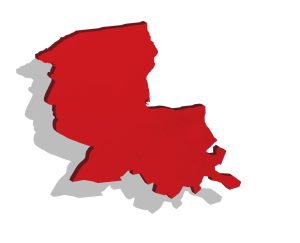Admissions missteps in application reform
August 31, 2016
Tulane University has implemented a new policy regarding admissions. When a student potentially entering the class of 2021 applies, they may fill out an optional survey that allows them to identify as LBGTQQIA*, which will then point them towards resources the campus offers to support them.
If a prospective student only becomes aware of Tulane’s commitment to accepting applicants from all identities and ranges at the time of the application process, Tulane has failed in its duty to inform.
This new optional checklist may be helpful in directing students to resources they may not know of, but mostly aids Tulane as an institution. Having checklists asking about sexual orientation on applications may come across as a form of positive discrimination. It looks like Tulane is seeking students that bolster their diversity roster and tokenize a person’s identity.
To belong on the spectrum of sexual orientation in a position that labels you outside what is normative is not a coupon to be included in a college application, but a fundamental piece of character. It should be catered to, which it already is through one of the many emails sent by Tulane to those who have been accepted.
Alternatively, an option could be available after acceptance into the university.
Once the student has been admitted, a follow up email could offer resources for those interested. The current measure would not add any additional assistance to a student who wants to go to Tulane. It would, however, contribute to a diverse image for the university and may either impact or be perceived to affect a student’s chance of being admitted to Tulane.
Asking students how they identify in a variety of areas in order to direct them towards resources they may have interest in is a commendable idea. Students will be able to arrive on campus with information about where to go and who to talk to. It also sends a message that no matter how they identify, they are welcome to Tulane and the school is actively presenting the student with the means to create the college experience they desire. These advantages are available to any student once they are already accepted, but there is no reason for a checklist before the fact.
As for presenting students who are considering applying to Tulane with resources for the queer community, it should be an element of the university that all those considering the school are aware of. Resources supporting LGBTIQQA* are a source of pride for Tulane and its student body, not just a lure for a particular demographic.
An altruistic policy about presenting information that Tulane should adopt would be an accessible page online that shows the resources available to the queer community to people looking into Tulane. Following the application process and admittance, an email would be sent asking if students would like to identify themselves as LBTQQIA* and give them an optional list that can be filled out. From there, they can be connected to students on campus and other aspects the current setup entails. This way, prospective students are exposed to all that the campus has to offer without Tulane using their identities to improve their own reputation.









Leave a Comment